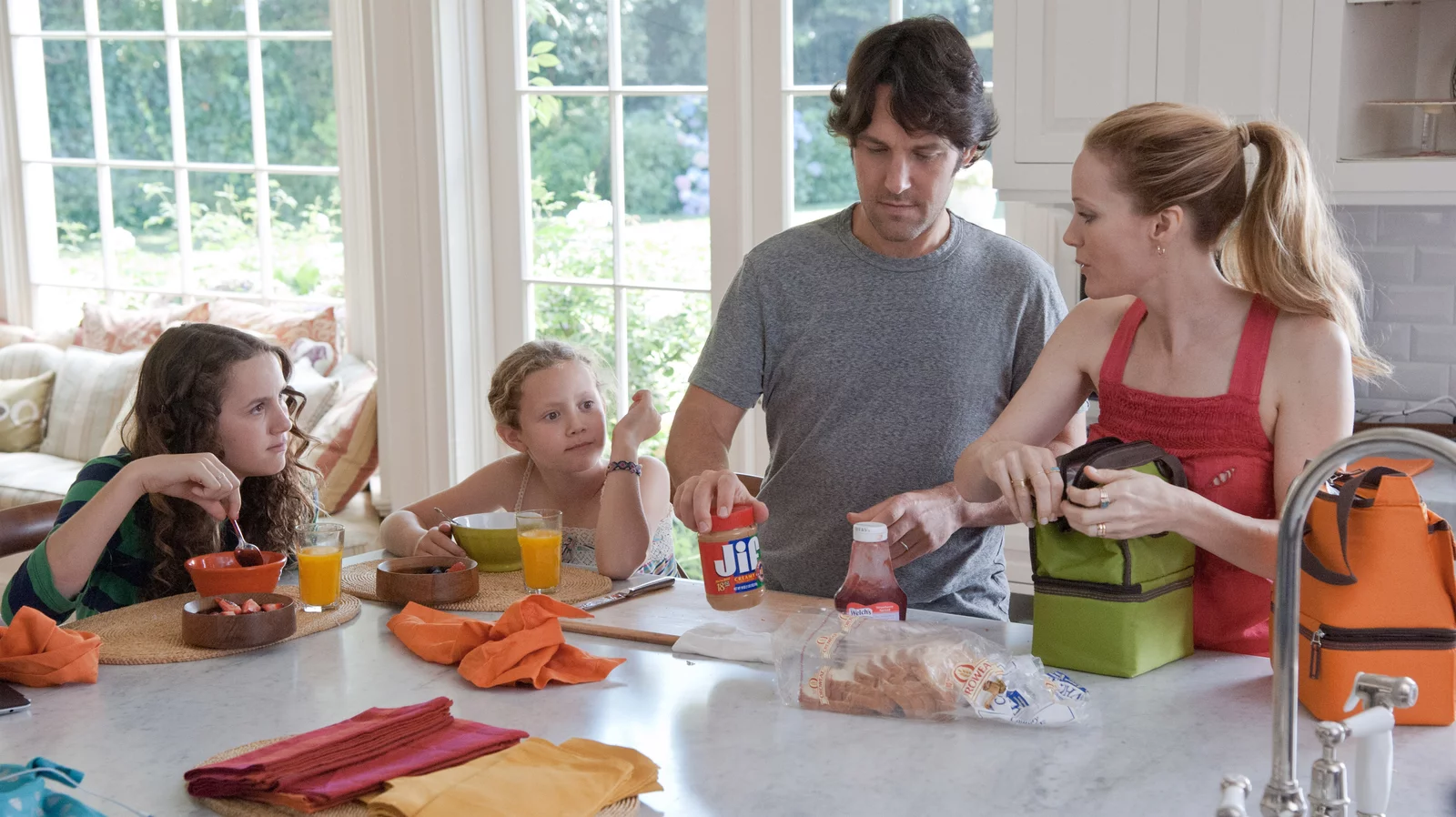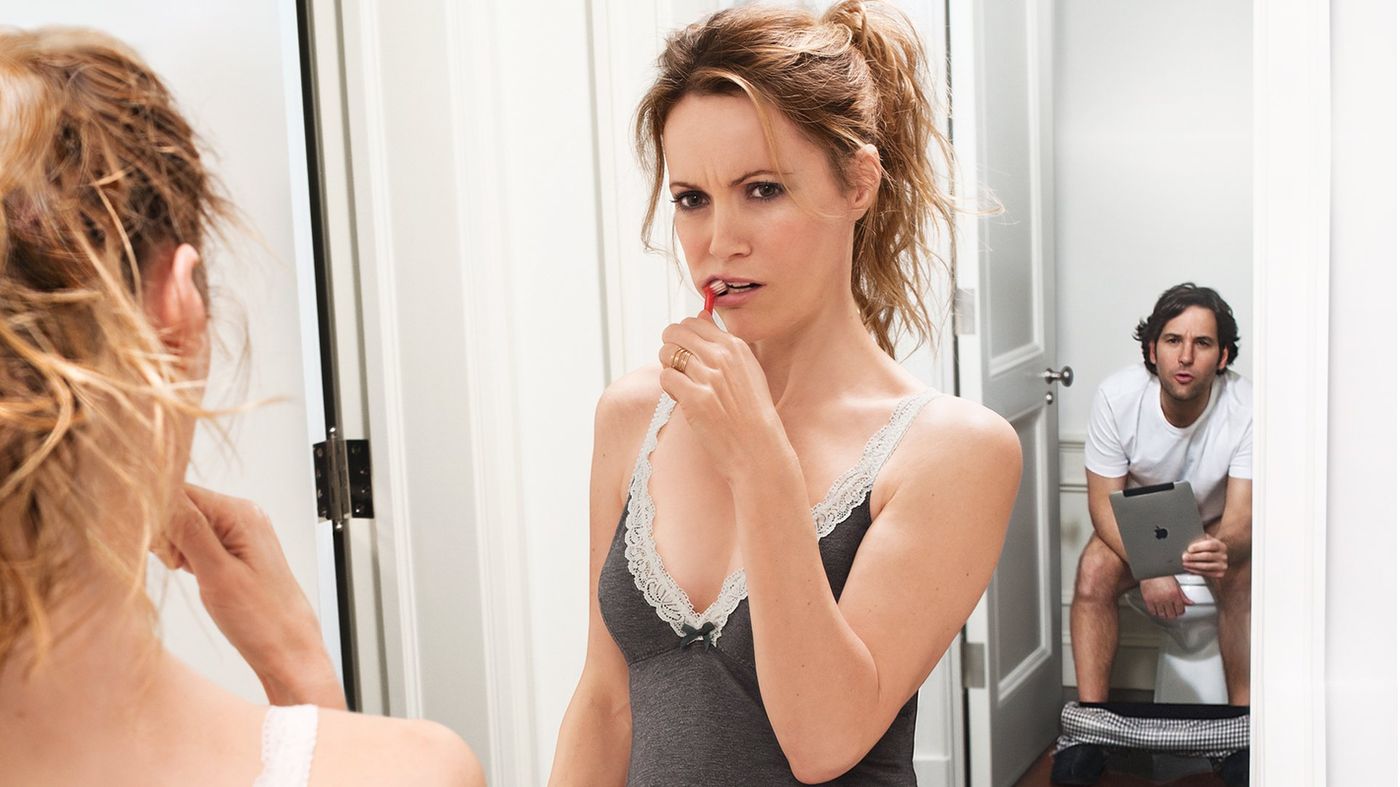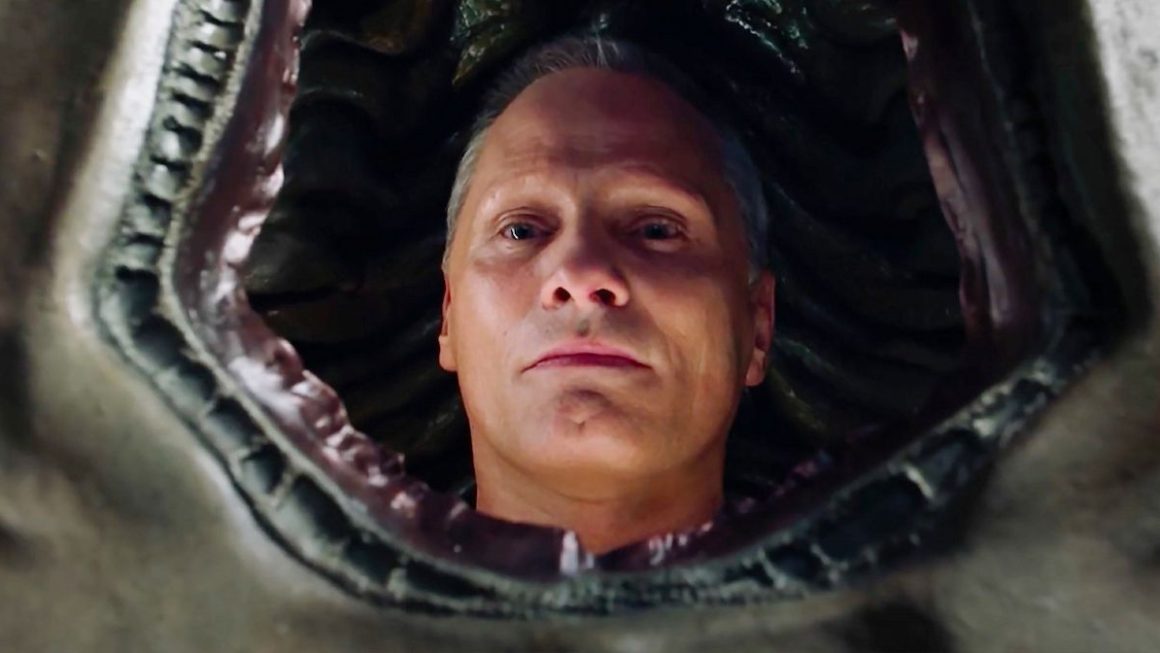Slice of Life
While it’s a bit hard to feel bad for a guy crying in a BMW, This is 40 proves to be a comedy gift whose plot points are loosely threaded together by a focus on long sequences of slice-of-life humor which highlights this family’s dynamic, and, ultimately, very real growth in character.
The slices are laugh-out-loud funny and spot on. Apatow certainly captures something special here, with metered tone and timing, allowing the jokes to arrive in sequences divided only by plot points which grow in intensity toward the end of the film.
Characters largely drive this film forward, creating many of their own problems through bad decision making, lack of self-esteem, or hormones. The long pauses between major plot points allow comedy to take precedence here and while this excludes potential for depth, it works well to get a laugh.
The beginning is quite a lot of setup, really fun setup at that, but not much happens and it lasts a little too long.
At least, when the plot does come storming back with a vengeance, this not-so-perfect family is forced to find some resolve in their mistakes and learn something.
Opposites Attract Humor
A hallmark of this film’s comedic style is contradiction.
Apatow starts with the film’s focus, turning 40. Debbie (Leslie Mann) insists she’s not turning 40, and refuses to be included in Pete’s (Paul Rudd) birthday party. Though, when she asks what Pete got her for her birthday, and he says nothing (as agreed), she complains that she can’t believe it, that turning 40 is a big deal, and that he should’ve gotten her something as a surprise!
This setup is only the beginning of a cascade of fantastic contradiction-based jokes and situations.
The film takes advantage of this inner conflict and spins it into hilarious self-sabotaging dialogue that hampers any attempt for Debbie or Pete to rebuild self-esteem and security in their relationship.
Debbie’s Movie
This is Debbie’s story. She faces greater challenges than Pete and her moments of growth are more interesting and meaningful.
She experiences a number of difficult situations, in which she is mistaken by her daughter’s bully/crush as menopausal, has lunch with her estranged and distant father, and the mama of all secrets, gets pregnant and keeps it to herself, waiting to use that secret to discover something about herself and her relationship with Pete.
In contrast, Pete’s moments are less interesting, being told off by an employee who’s right, or giving his father more money when he’s not supposed to. His growth falls a little flat, much of it appearing at the end, sitting on a hospital bed, genuinely excited to be “stuck” with his wife and another baby.
Pete proves to be a good character for Debbie to play off of, they have a wonderful dynamic fraught with arguments and reunions. It feels good to see love bring two people back together several times, after a number of fights, because that feels real.

Testing a Relationship
The truth is – the closest we really ever got to seriously doubting their love and relationship is when Deb asks Pete if the only reason they’re still together is because of their first child Sadie (Maude Apatow).
Temptations or instances of opportunity to cheat develop but are never taken advantage of. This keeps the stakes of their relationship low. We’re never led to believe they would cheat on each other, even when they’re given the chance to do so.
Undeniably there is a love between them, and this transition period in their lives, from youth to the next stage of wisdom, provides a number of hilarious tests for the resilience of their relationship.
Their pain is our pleasure, because we feel a certain comradery in how realistic it all is.
Their love provides us with a sense of hope and resolve and works to provide a fix for Debbie’s thief and Pete’s music label – a second chance to do better.
Change is For Chumps … Or Is It?
In the end, Pete and Debbie decide they don’t want or need all of the self-imposed change, that they were better before, when Pete could eat cupcakes and be happy.
Yet, it’s the transformative experience of attempting that change that brings them closer together. It’s honesty that bonds moochy or missing fathers, that makes light of a difficult financial situation, that finally gets our characters on the same page.
It takes two separate moments of realization for Pete and Debbie to finally understand their honest position in life. For Pete, it’s a failed concert sponsored by his record label. For Debbie, it’s getting asked back to a Philadelphia Flyer’s hotel room to have sex (which she turns down).
During these separate moments of epiphany, real growth occurs. The lesson here is this: that no matter how devastating or challenging it is to fail in business, raise a hormonal teen, reconnect with an estranged father, or get older, change can strengthen relationships and quash doubts.
Moreover, this reveals that love is the thematic crux of this story.
As and aside, there is a notable supporting performance from Melissa McCarthy that kills and a performance from Megan Fox that defies expectation.
“Everything that comes out of her mouth is a lie, and everything that goes in is a dick.” “A dick?” “A dick.”
This is 40
Writer/Director: Judd Apatow
Stars: Paul Rudd, Leslie Mann, Maude Apatow
Images courtesy of Universal Pictures




